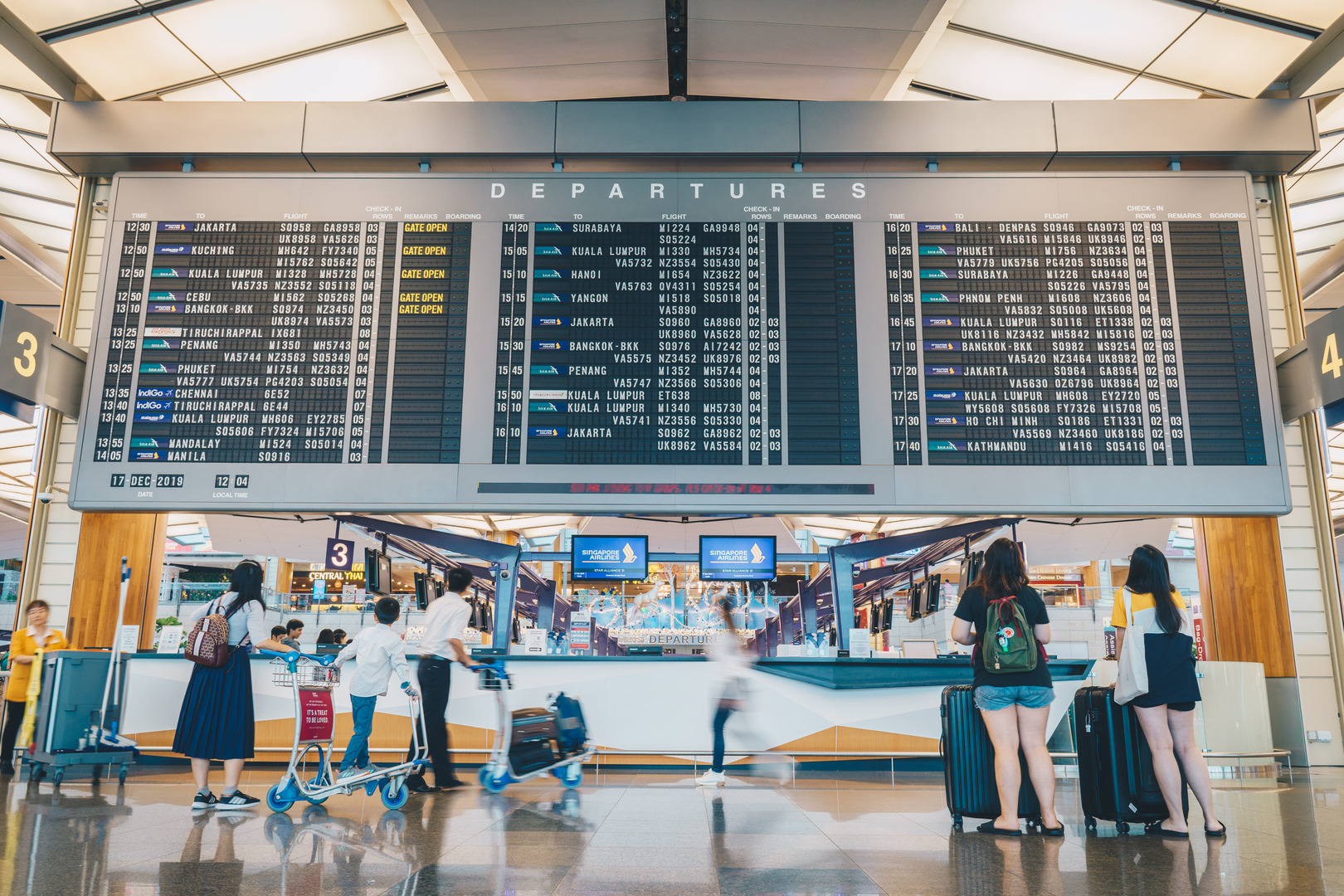In a bid to control the spread of COVID-19 Singapore announced additional border control measures and travel restrictions today.
Travel restrictions
The Ministry of Health (MOH) has advised Singaporeans to defer all non-essential travel to Italy, France, Spain and Germany as these four countries have a very high numbers of cases. There is already an existing advisory to defer all travel to Hubei province in mainland China, and non-essential travel to the rest of mainland China, Iran, Japan and the Republic of Korea.
The MOH has also advised citizens to exercise caution when travelling to all countries affected by COVID-19, especially those which have exported cases including Indonesia, the Philippines and the United Kingdom.
Border control
As of March 12, almost 25% of Singapore’s total number of confirmed cases are imported, as per the MOH.
Given the increase in imported cases from European countries, the government is also putting in place new border restrictions.
Starting March 15, 2020, 2359 hours, all new visitors with recent travel history to Italy, France, Spain and Germany within the last 14 days will not be allowed entry into Singapore, or transit through Singapore.
With immediate effect, Singapore will cease port calls for all cruise vessels.
Stay-Home Notice
From March 15, 2020, 2359 hours, the following groups will be issued with a Stay-Home Notice (SHN):
- Residents (Singapore Citizens and Permanent Residents) with recent travel history to Italy, France, Spain and Germany within the last 14 days; and
- Long-term pass holders (including work passes, Student’s Pass, Dependant’s Pass, and Long-term Visit Pass) with recent travel history to Italy, France, Spain and Germany within the last 14 days.
Persons under SHN will have to remain in their place of residence at all times for 14 days after returning to Singapore, said the MOH.
Previously announced measures such as residents and long-term pass holders returning from mainland China (outside Hubei province), Iran, and the Republic of Korea to be issued a 14-day SHN upon return to Singapore remain.
Since March 4, travellers entering Singapore and exhibiting fever and/or other symptoms of respiratory illness have been required to undergo a COVID-19 swab test at the checkpoint, regardless of travel history. With immediate effect, all such travellers will also be issued a 14-day SHN, which they will have to serve in full even if the result of the swab test is negative. Those who meet the clinical suspect case definition will be conveyed to the hospital for follow-up.
Social distancing
In a bid to control local transmission, the MOH has issued advisories for events and gatherings, workplaces and public venues. This is to limit large crowds gathering in close proximity over a prolonged duration, said the statement.
All ticketed cultural, sports and entertainment events, with 250 participants or more, are to be deferred or cancelled. For events that have already been committed (e.g. tickets sold), organisers must demonstrate that satisfactory precautionary measures have been put in place before they can proceed.
For all other mass gatherings including private functions and religious services, organisers are advised to put in place the following precautions:
- Reduce the scale of events to below 250 participants where possible;
- Reduce the crowding of participants and improve ventilation. For example, participants could be seated at least a metre apart from one another, and be advised to reduce contact with others (e.g. avoid shaking hands);
- Put in place temperature and health screening measures, as well as turn away persons who are unwell; and
- Put in place measures to facilitate contact tracing if needed, such as obtaining contact details of participants.
Advisory for workplaces
Employers have been advised to put in place measures to reduce close contact where feasible. For example, implementing tele-commuting and video-conferencing where possible, as well as staggering work hours, and allowing employees to commute at off-peak hours. Seating in meeting rooms and work stations could also be spaced apart.
Advisory for public venues
Owners/ tenants of venues which are accessible to the public have been advised to put in place measures to reduce close contact by patrons/customers, where possible. For instance:
- Dining venues could set seats at least a metre apart;
- Entertainment venues and tourist attractions (e.g. casinos, cinemas, theme parks, museums, and galleries) could limit the number of visitors at any one time, and/or increase spacing among visitors; and
- Sports centres with indoor facilities (e.g. gyms, private academies) could limit the number of patrons, introduce physical separation measures, increase the frequency of cleaning, as well as issue advisories to reduce unnecessary contact, and practise public hygiene.



